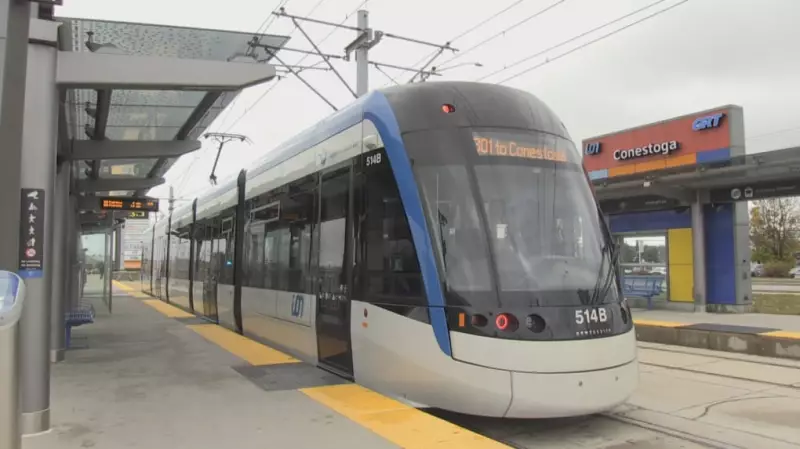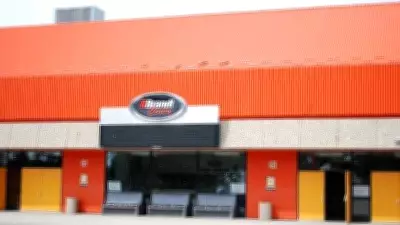
In a landmark decision that could reshape regional transportation, Waterloo's planning and works committee has voted overwhelmingly to advance the long-awaited light rail transit extension into Cambridge. The 5-1 vote represents a crucial milestone in connecting the tri-city area with modern rapid transit.
Funding Breakthrough Paves the Way
The committee's approval includes a significant financial commitment—$3.5 million dedicated to preliminary design work for the Cambridge extension. This funding injection signals serious momentum for a project that has been discussed for decades but repeatedly stalled.
This isn't just about tracks and trains, it's about connecting our communities and building for the future, said one committee member following the decisive vote.
Phased Approach to Regional Connectivity
The expansion plan follows a strategic phased approach:
- Phase 1: Preliminary design and engineering studies
- Phase 2: Detailed route planning and community consultation
- Phase 3: Construction and implementation timeline development
This methodical progression ensures that each stage receives proper attention and resources, minimizing potential setbacks that have plagued previous transit expansion attempts.
Overcoming Historical Hurdles
The journey to bring LRT to Cambridge has been fraught with challenges. Previous studies in 2018 and 2020 identified significant technical and financial obstacles, particularly concerning the treacherous descent into the Grand River valley. The current proposal addresses these concerns with innovative engineering solutions and a more realistic funding framework.
The terrain between Kitchener and Cambridge presents unique challenges, acknowledged regional staff, but modern engineering techniques and lessons learned from the existing Ion line give us confidence in moving forward.
What's Next for the Project?
With committee approval secured, the proposal now moves to regional council for final ratification. If approved, design work could commence as early as next quarter, with environmental assessments and detailed route planning to follow.
The expansion promises to transform daily commutes, reduce traffic congestion, and stimulate economic development along the proposed corridor. For Cambridge residents who have waited years for equitable transit access, this vote represents hope finally turning into action.





